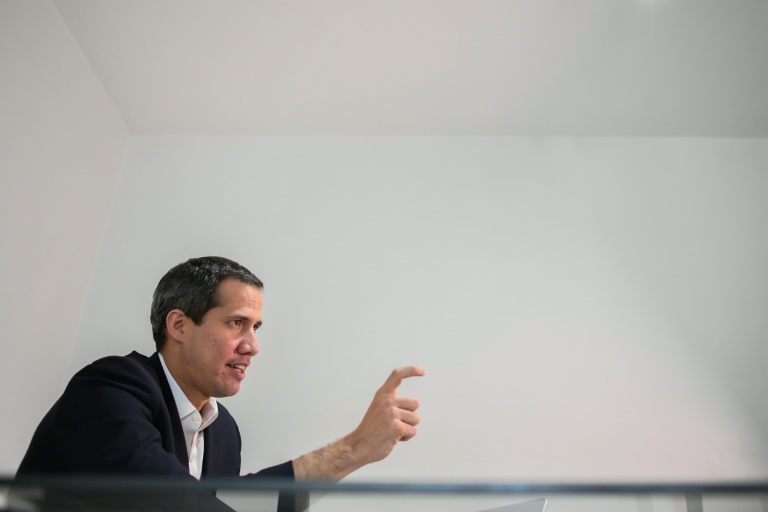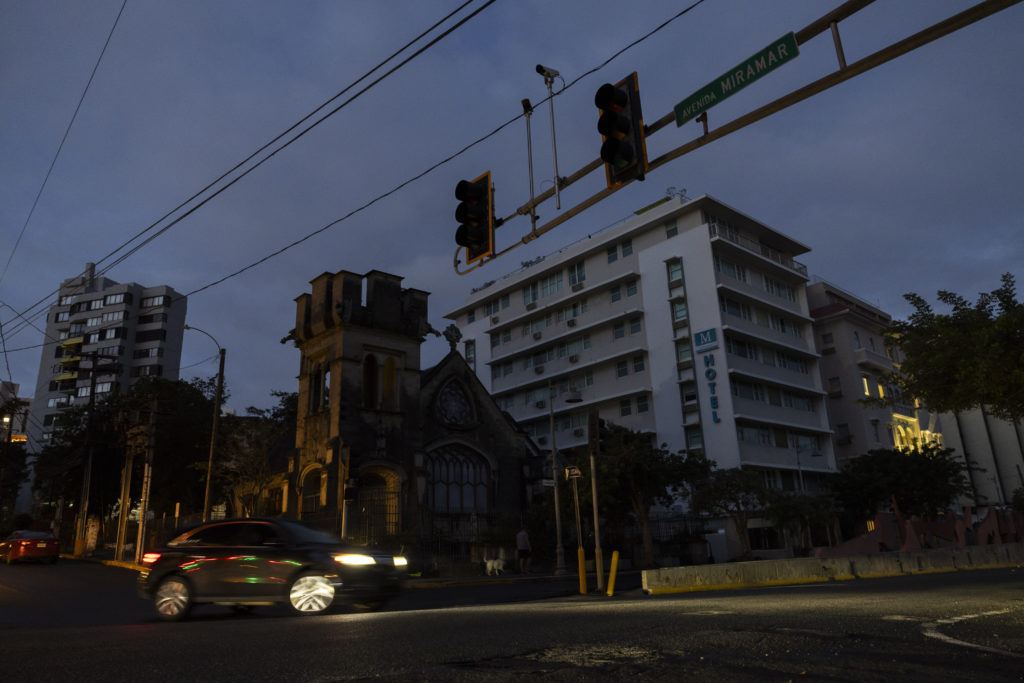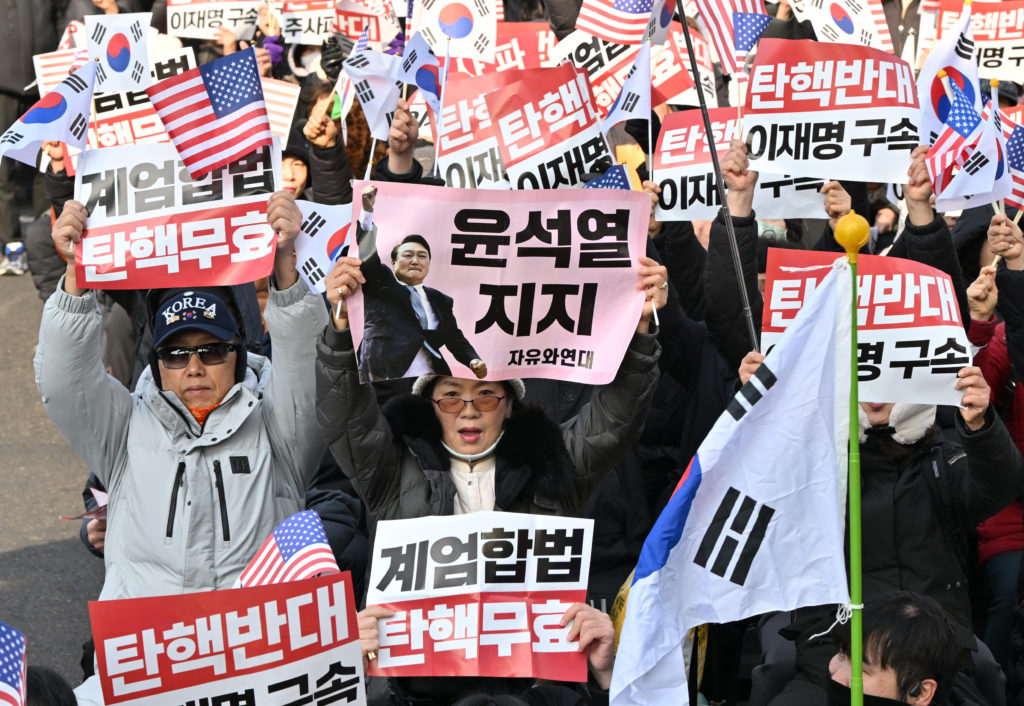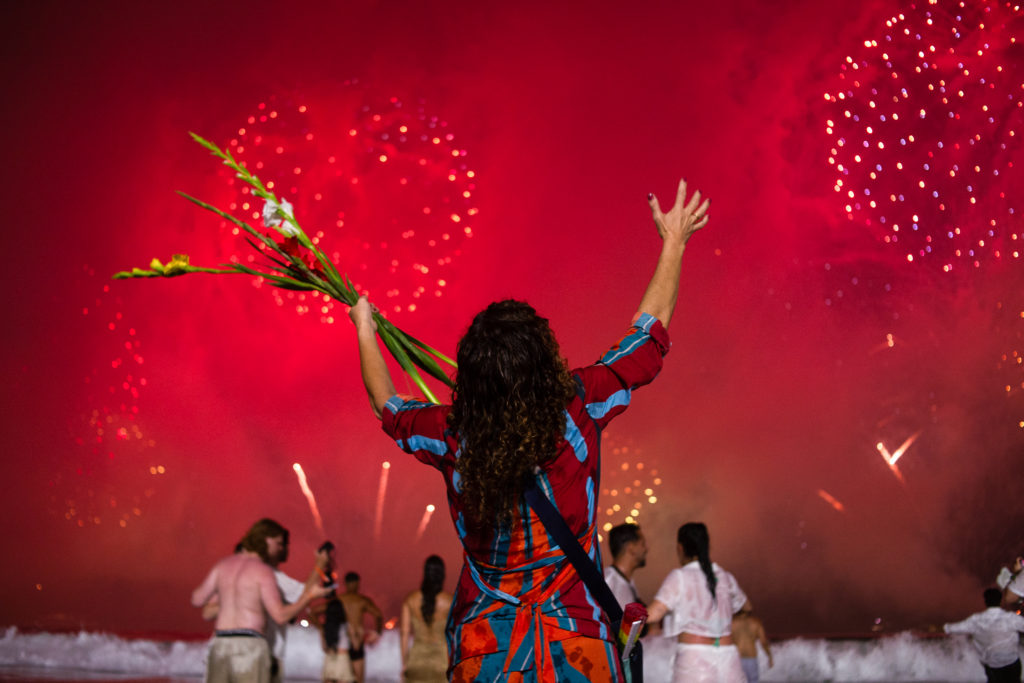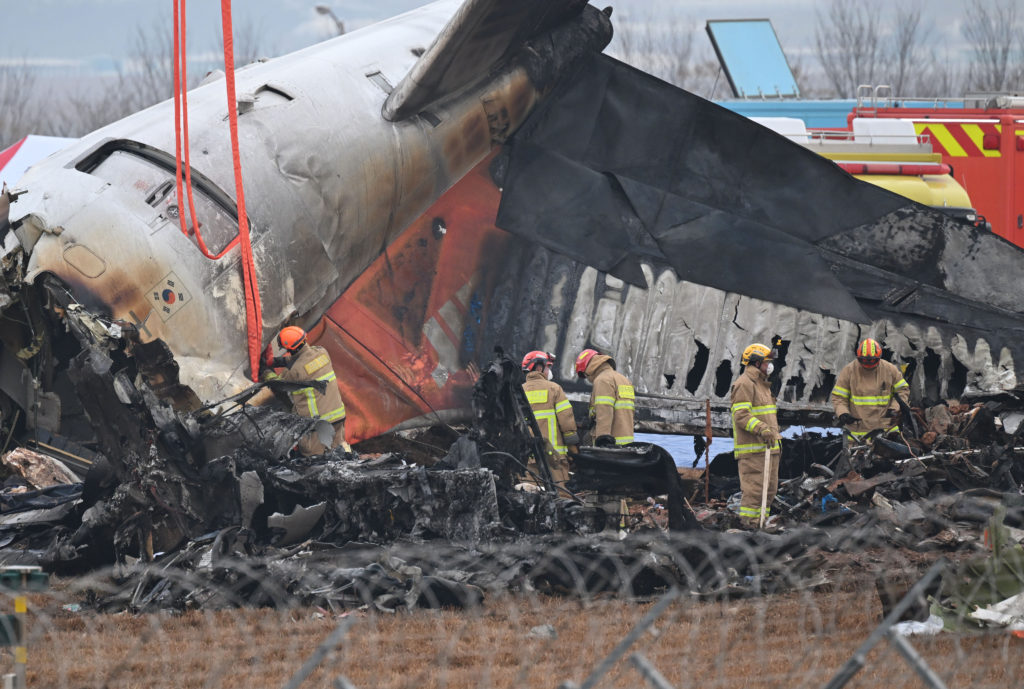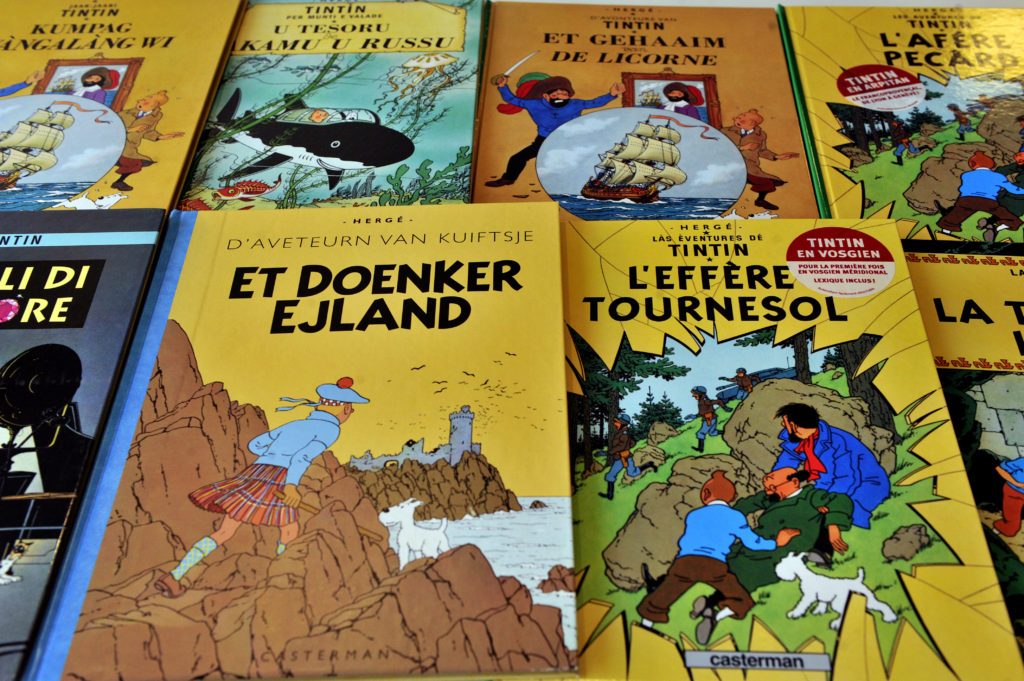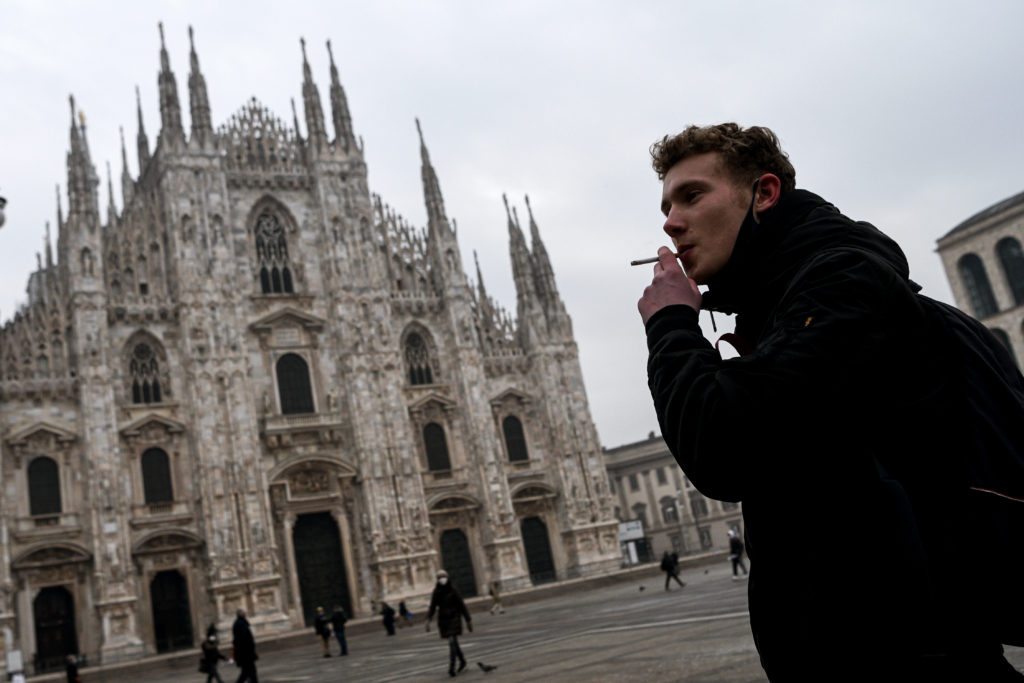Opposition leader Juan Guaido is focused on moving Venezuela’s presidential elections earlier as the only solution to the political and economic crises gripping his country.
Representatives of the opposition and the government of President Nicolas Maduro are taking part in talks in Mexico with mediation by Norway in a bid to lift the deadlock.
As things stand, the presidential election is not due until 2024. Guaido however told AFP he wants one “as soon as possible,” as early as December.
“For Venezuelans, the presidential election is what will resolve the conflict,” said the politician, who burst onto the scene in January 2019 when he used his position as National Assembly speaker to declare himself acting president.
The legislature, which at the time was controlled by the opposition, had rejected Maduro’s 2018 reelection in a poll widely dismissed as fraudulent, calling him an usurper.
“An election schedule that transforms an election into a real solution is part of the process” of the Mexico talks, said Guaido, 38, who is recognized by around 60 countries as Venezuela’s acting president.
“The origin of the conflict is the 2018 non-election, the conflict is an usurpation of the executive,” he added.
Whether or not he is the opposition candidate “we will have a single candidate, a united process,” Guaido said.
Guaido said he believes that a trustworthy election “with the minimum of credibility” would be won by a democratic candidate with 70 to 80 percent voter support.
– Recall referendum? –
Maduro has ruled out advancing the election date, but he may be forced into considering it in return for relief from international sanctions.
Maduro might also be the subject of a recall referendum, which could be called next year at the halfway point of the presidential mandate.
“It would be a solution to resolve the 2018 non-election, which we owe to all Venezuelans,” said Guaido.
First up there are mayoral and gubernatorial polls in November, although the opposition has yet to commit to participating.
Maduro has taken some steps to try to demonstrate those will be free and fair by appointing two opposition figures to the National Electoral Council (CNE).
The CNE also lifted a three-year ban on the Democratic Unity Table (MUD) — an opposition alliance that triumphed in legislative elections in 2015, breaking the 15-year hegemony of Maduro’s socialist bloc.
But Guaido says it is too soon to trust the CNE.
“The conditions are not there to call the event on the 21st (of November) an election,” said Guaido.
Even so, he has not called for a boycott and some opposition candidates have already launched their campaigns, with the registration deadline looming on Sunday.
– Relations with Washington –
Guaido used to draw huge crowds to his rallies when he first burst onto the scene in 2019 — but a failure to secure any tangible changes, coupled with the misery brought on by the coronavirus pandemic, has seen his popularity drop.
He also lost his position as National Assembly speaker after the opposition boycotted last year’s legislative elections.
But key allies including the United States and European Union continue to view him as Venezuela’s interim leader, and he says he is in “constant” contact with Washington.
Tactics have shifted under President Joe Biden, though, and some experts consider that the “all options are on the table” approach of former president Donald Trump not only failed but were counter-productive.
The Biden administration is said to be open to lifting some sanctions on the Maduro government if talks go well in Mexico.
“For those who support Maduro there is no better option than an agreement” in Mexico “because that would mean the progressive lifting of sanctions,” said Guaido.
Last week Maduro called for direct talks with Washington, but Guaido dismissed that as “a desperate call for any type of recognition.”
“If the regime or Maduro want any type of recognition or legitimacy, they need to win it through votes,” he said.
burs/bc/bfm/ch

